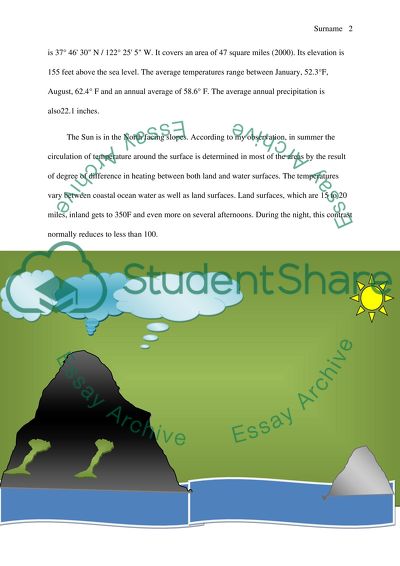Cite this document
(“Field Study Assignment Example | Topics and Well Written Essays - 1250 words”, n.d.)
Retrieved from https://studentshare.org/geography/1462242-field-study
Retrieved from https://studentshare.org/geography/1462242-field-study
(Field Study Assignment Example | Topics and Well Written Essays - 1250 Words)
https://studentshare.org/geography/1462242-field-study.
https://studentshare.org/geography/1462242-field-study.
“Field Study Assignment Example | Topics and Well Written Essays - 1250 Words”, n.d. https://studentshare.org/geography/1462242-field-study.


